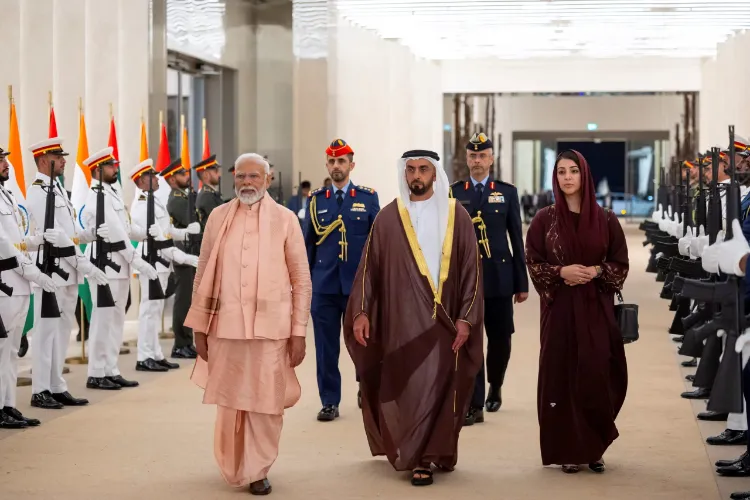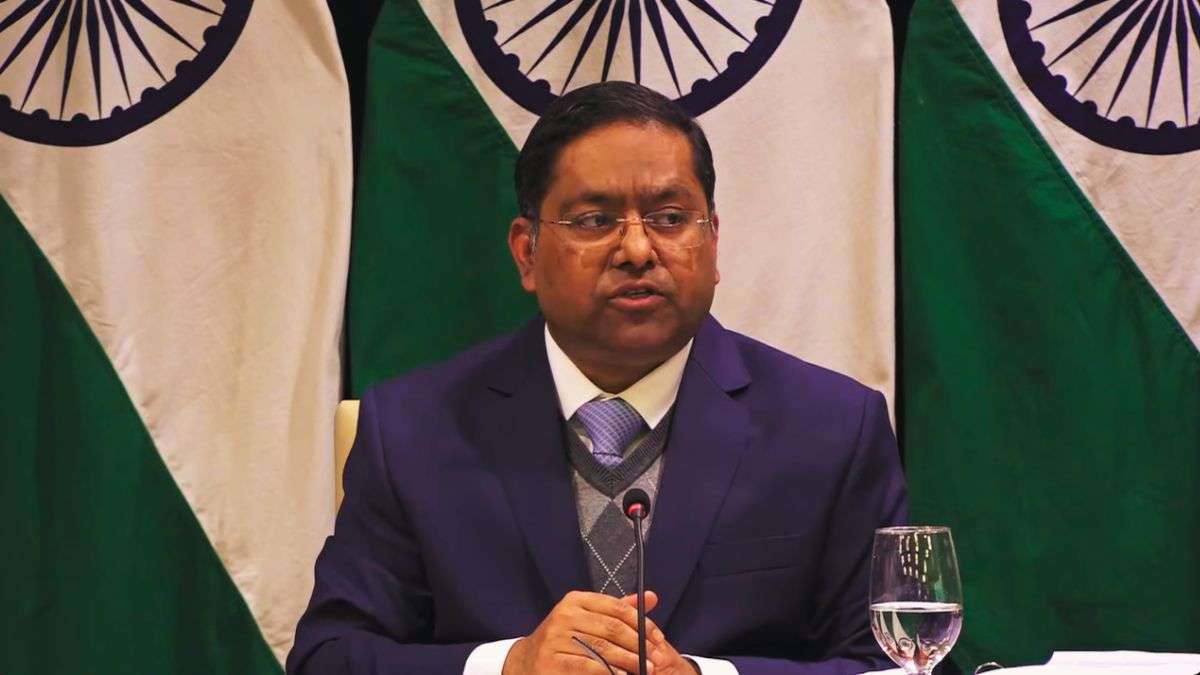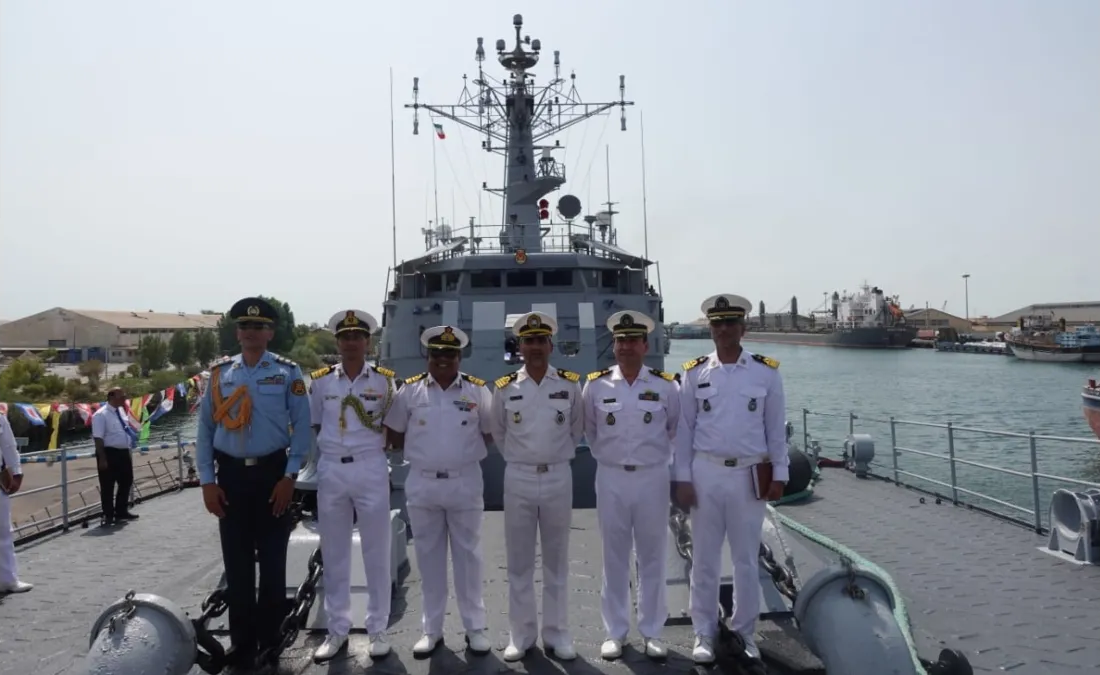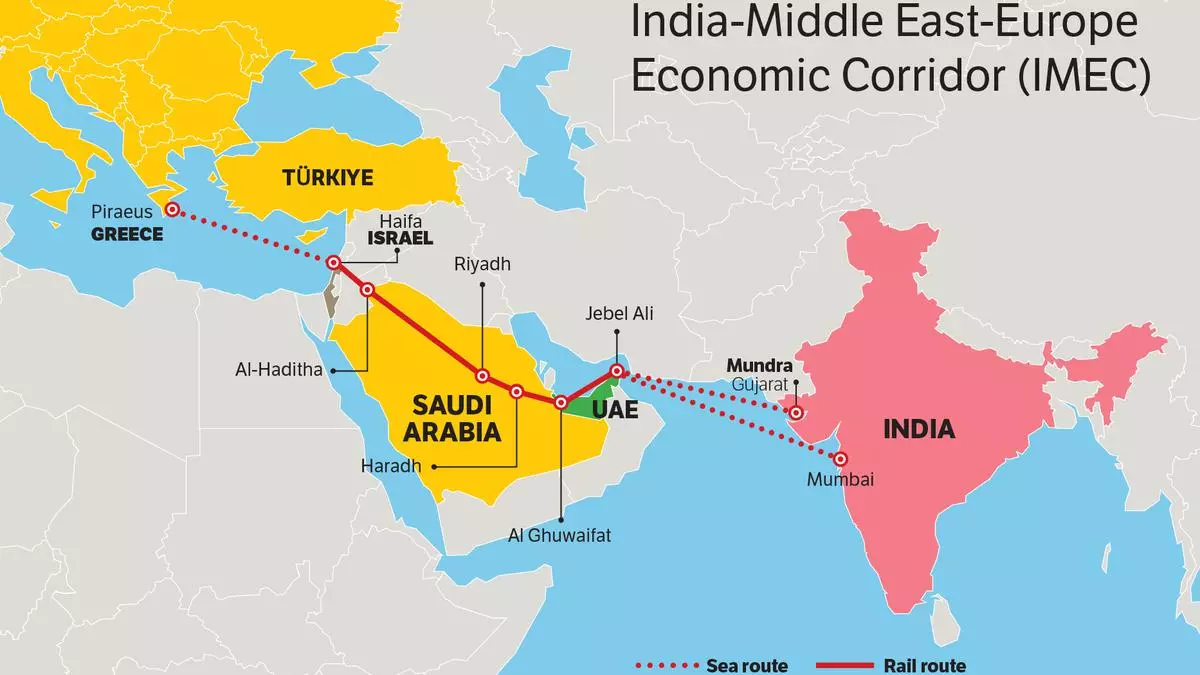
Navigating Escalating Tensions in West Asia
As Iran and Israel once again find themselves on the brink of an all-out war, with Iran firing nearly 200 missiles at Israel on October 2nd, 2024, the global stage is anxiously watching. Israel has vowed to respond, intensifying fears of a wider regional conflict that could have sweeping consequences. This intensification comes after months of heightened India West Asia tensions, and the possibility of escalation has deepened concerns around energy security, trade, and geopolitical stability.
For India, the stakes in West Asia are high. The Ministry of External Affairs (MEA) has urged restraint and emphasized that the conflict should not take a “wider regional dimension.” India has long supported resolving disputes through dialogue and diplomacy, and given the deep economic ties India holds with the region, a more volatile situation would significantly affect the Indian economy.
India's Strategic Interests in West Asia
India’s relationship with the West Asian region is multifaceted, involving energy security, trade, investment, and the well-being of millions of Indian expatriates. Around 60% of India’s crude oil imports come from the Gulf nations, with Iran and Iraq being key suppliers. Any significant escalation in the region threatens to disrupt these critical supply chains, leading to increased oil prices and inflationary pressures on the Indian economy.

Image Credits: https://www.awazthevoice.in/
Beyond energy, India’s trade ties with the region are robust. India is one of the largest trading partners of the Gulf Cooperation Council (GCC), with trade valued at over $150 billion annually. A broader conflict could severely impact this economic exchange, putting further strain on India’s fiscal stability. Furthermore, around 8.5 million Indian expatriates work across Gulf nations, remitting billions of dollars annually. A conflict-driven exodus of these workers would not only strain local economies but also cut off a significant source of foreign exchange for India.
India’s Call for Restraint
India’s official stance during this latest surge in tensions reflects its longstanding policy of non-alignment and strategic autonomy. The MEA has reiterated calls for both sides to exercise restraint and avoid further escalation, urging that “all issues be addressed through dialogue and diplomacy.” India has consistently supported a peaceful resolution to conflicts in the region, and this time is no different.

Image Credits: https://www.indiatvnews.com/
While other nations have taken measures to evacuate their citizens, India’s MEA spokesperson Randhir Jaiswal confirmed that India is not currently conducting evacuation processes from Israel, Iran, or other nations despite the growing tensions. This suggests confidence in the diplomatic avenues being pursued and a cautious optimism that the conflict can be contained.
India’s Naval Diplomacy in Iran
As the conflict simmers, India is also actively engaged in strengthening its military and diplomatic ties with Iran. On October 3rd, three Indian naval ships—INS Shardul, INS Tir, and ICGS Veera—arrived in Bandar Abbas, Iran, as part of a training mission in the Persian Gulf. This visit underscores the importance of maritime cooperation between India and Iran, highlighting India’s balancing act amid escalating regional tensions.

Image Credits:https://www.financialexpress.com/
This visit comes at a critical time, signaling India’s efforts to maintain strong bilateral relationships in the region. The Indian Navy has emphasized the mission’s objective of enhancing maritime security and fostering mutual understanding between the two nations. The growing collaboration between India and Iran in naval exercises reflects India’s broader strategic vision to maintain security and stability in the Persian Gulf—crucial to its energy security.
Historical Perspective: India's Diplomatic Balance in West Asia
India has a history of managing delicate balances in West Asia. The region’s complex geopolitics, often shaped by the rivalries between Israel, Iran, Saudi Arabia, and other Gulf states, has required India to engage in diplomacy that avoids alienating key partners.
In the past, India maintained strong ties with Iran, driven by historical cultural exchanges, energy needs, and shared geopolitical interests, such as in Afghanistan. At the same time, India’s relationship with Israel has grown significantly over the past few decades, especially in terms of defense, intelligence cooperation, and technology transfer. The 1990s marked a turning point when India formally established diplomatic relations with Israel while continuing its positive engagement with Iran and the Arab world.

Image Credits: https://www.civilsdaily.com/
This tightrope act has allowed India to secure its national interests without getting deeply entangled in regional rivalries. Today, the same balancing act continues, with India leveraging its relationships to keep regional tensions from disrupting its own strategic imperatives.
The Road Ahead: Preparing for the Impact
India cannot remain immune to the consequences of a deepening conflict in West Asia. Whether through direct disruptions in trade or broader global economic instability, India must prepare for multifaceted consequences. The potential rise in oil prices and inflation, disruptions in trade routes, and the uncertain future of Indian expatriates in the region could create serious challenges for Indian policymakers.
However, India’s proactive steps in maritime diplomacy, its calls for restraint, and its robust diplomatic engagements show that the country is preparing to weather these challenges while continuing to support peace and stability in the region.
IS360 Can be Reached at
Sharing is caring!

